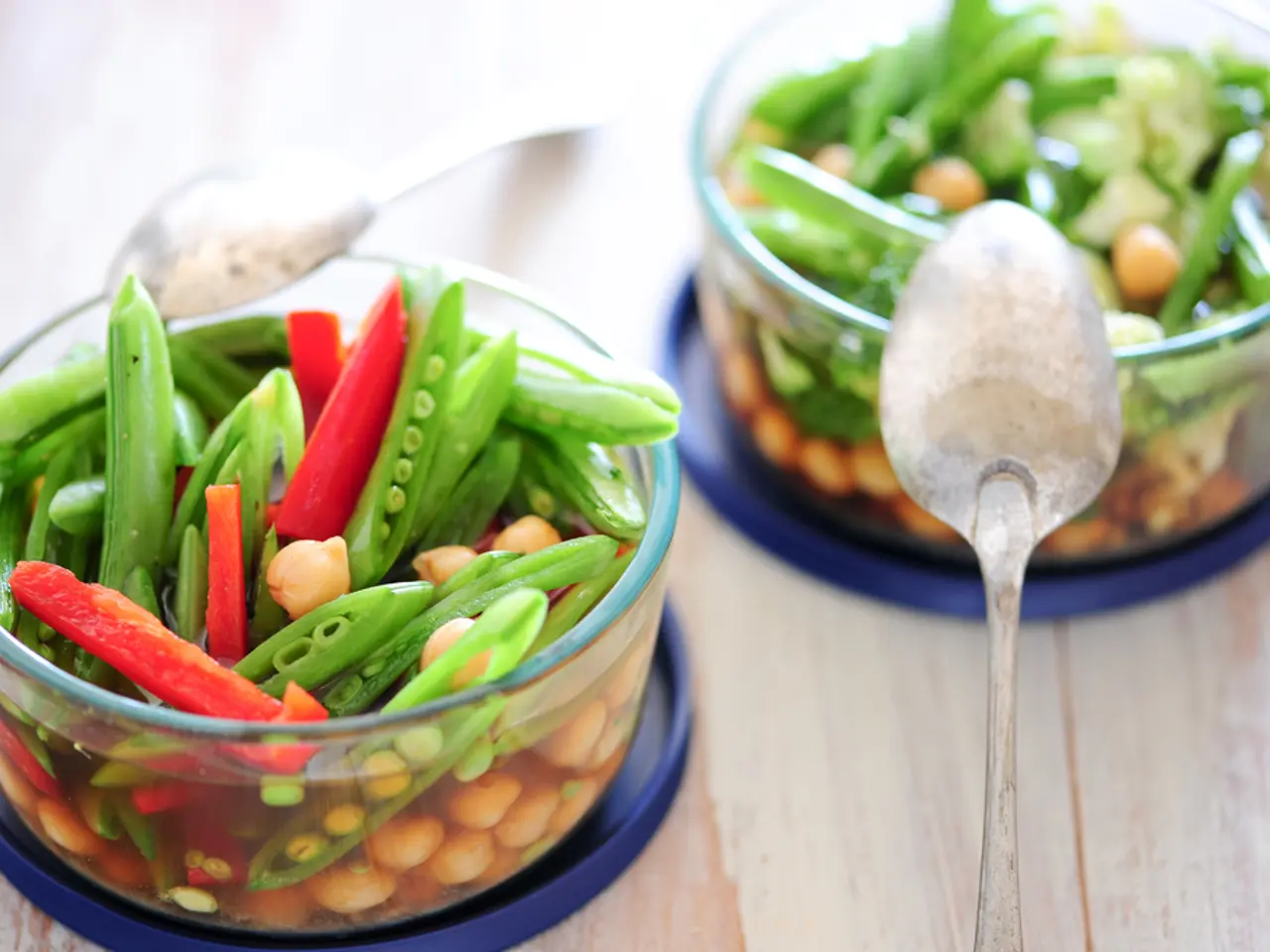Growing Eggplants in Pots and Containers: A Guide to Cultivating Eggplants
**Growing Eggplants in Containers: A Comprehensive Guide**
Eggplants, long, slender, and purple fruits native to South Asia, are a popular choice for container gardening. With their versatile culinary uses and attractive appearance, growing eggplants can be an enjoyable and rewarding experience. Here's a guide to help you grow healthy and productive eggplant plants in containers.
**Container Sizes and Choices**
For container gardening, it is recommended to use pots that are at least 18 liters (5 gallons) in size. This size provides sufficient room for the plant's roots to develop and for the soil to retain moisture and nutrients, which are essential for healthy growth and fruit production.
When choosing a container, consider using smaller or dwarf eggplant varieties. These varieties are more compact and produce smaller fruits, making them ideal for smaller spaces. Advanced gardening systems like the EarthBox can also be used effectively for growing eggplants and other vegetables in containers.
**Soil, Fertilizer, and Watering**
When growing eggplants in containers, use a pot or container with at least a five-gallon capacity, well-drained potting mix, and a balanced fertilizer. Eggplants are heavy feeders and benefit from regular fertilization. It's essential to give them at least 1" of water each week, ensuring the soil remains consistently moist but not waterlogged.
**Planting and Care**
The best time to plant eggplant seedlings is when temperatures are warming up and the risk of the last frost has passed, usually in June. Eggplants need at least 6 hours of full sun every day and prefer daytime growing temperatures between 70°F-85°F.
When planting, ensure each plant has about 12-14 inches of space to grow. Avoid planting eggplants near fennel, as they can negatively impact each other's growth.
Common pests that affect eggplants include flea beetles, spider mites, tobacco hornworms, aphids, and cutworms. To prevent these pests, consider using organic pest control methods.
**Harvesting and Storage**
Harvesting eggplants a few days before they are perfectly ripe is preferred. Eggplants are ready to harvest when their skin is glossy and their texture is firm. Eggplants fare best in a cool, room-temperature environment for short-term storage.
Eggplants are versatile in the kitchen and can be grilled, sautéed, baked, stuffed, or fried. Overripe eggplants become bitter to the taste, so it's essential to use them as soon as possible after harvesting.
With the right care and conditions, eggplants can grow up to 18" tall while maturing. Depending on the variety, it typically takes between 80-120 days for the plant to bear fruit, with a harvest period from August to early October.
**Companion Planting**
Companion plants for eggplants include potatoes, tomatoes, peppers, peas, beans, spinach, thyme, and marigolds. These plants can help deter pests and improve the overall health of the eggplant plants.
In conclusion, growing eggplants in containers can be a fun and rewarding experience. With the right container size, soil, fertilizer, and care, you can enjoy fresh, homegrown eggplants in your kitchen. Happy gardening!
- Container gardening can offer an enjoyable and rewarding experience, especially when growing versatile plants like eggplants, which have a variety of culinary uses.
- One important factor in successful container gardening is choosing the right container, such as ones with at least a five-gallon capacity or advanced systems like EarthBox.
- In terms of lifestyle and food-and-drink, eggplants can significantly contribute to your home-and-garden recipes, as they are versatile in the kitchen and can be prepared in numerous ways.
- When it comes to gardening and home-and-garden, companion planting is a valuable strategy to consider for better pest control and overall health of your eggplant plants, with options like marigolds, thyme, and more.




